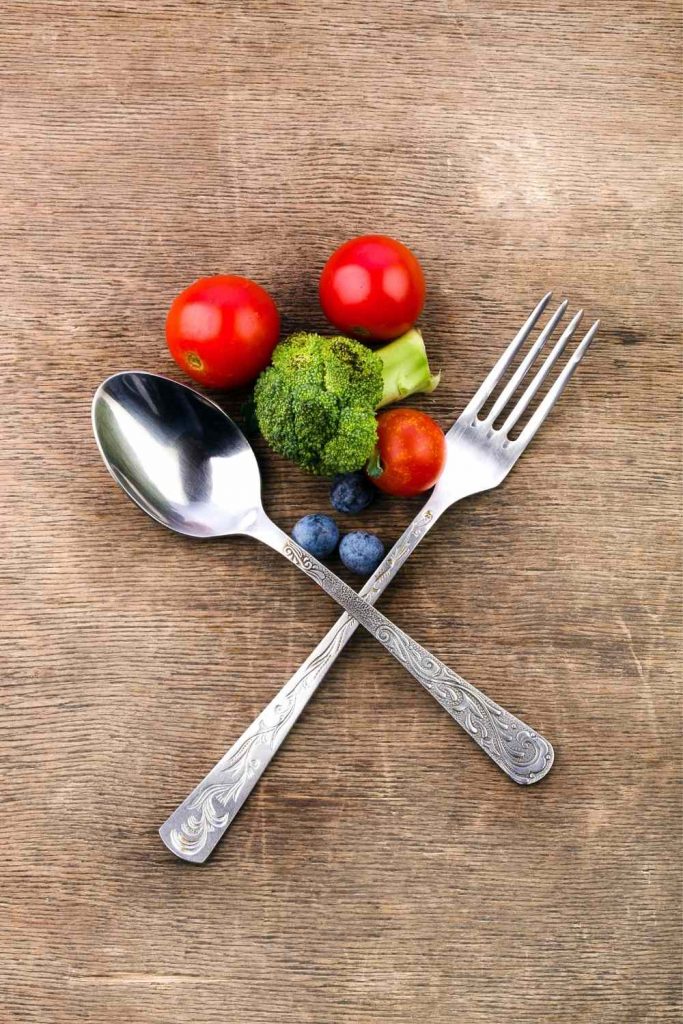There are a lot of reasons why people opt to stop eating meat. Some people feel it may help them maintain or enhance their cardiovascular health. Some believe it will be less expensive. Others wish to contribute to the conservation of animals while also reducing their carbon impact. Some people have a unique combination of personal motives for converting to a completely plant-based diet.
Is this, however, a positive change for you? What about plant-based diets? Do you have any knowledge of them?

Myths vs. Facts: There Will Be No More Meat
Are you on the fence about whether to become a vegetarian or a vegan? Here's some information on what occurs when you quit eating meat entirely.
If you do not consume meat, you will not be able to get adequate protein from your diet.
Myth. Vegetarians may acquire more than enough protein by consuming foods that are high in protein. These are some examples:
- Greek yogurt
- Peanut butter
- Cottage cheese
- Cooked beans
- Nuts
- Eggs
- Milk
Protein should account for 10-15 percent of total daily calories for healthy individuals, according to the recommended daily allowance (RDA). Furthermore, according to studies, the majority of Americans currently consume twice as much protein as they need.
If you quit eating meat, you will not be able to get enough amounts of certain vitamins and minerals.
Myth. Red meat, poultry, and seafood, in addition to providing protein, also include critical elements that our systems need. Red meat, for example, includes vitamin B-12, iron, and zinc, among other nutrients.
Although consuming non-meat meals that have the same nutrients as meat can provide you with sufficient amounts of these nutrients if you do not consume meat. Yogurt, low-fat milk, fortified plant-based milk, eggs, and cheese are all excellent sources of vitamin B-12. Yogurt is particularly high in vitamin B-12. Zinc and iron may be found in a variety of foods, including nuts, seeds, beans, lentils, and tofu.
Eating red meat has been shown to increase the risk of heart disease and cancer.
Myth. As reported by the National Institutes of Health, a number of studies have shown a relationship between red meat consumption and an increased risk of cardiovascular disease, some malignancies, and diabetes throughout the years.
Other studies, on the other hand, indicate that a moderate amount of intake – no more than 2-3 servings per week – is not harmful to the health. If you do decide to consume meat, do it in moderation, and wherever feasible choose leaner cuts.
Plant-based meat alternatives are better for you than meat
Myth: Popular meat substitutes have only been around for a short period of time. There have been no large-scale research studies conducted to determine if they are beneficial or harmful to our bodies. According to several research, there is a decrease in the risk of cardiovascular disease. However, there is still a scarcity of research.
It's important to remember that eating too much salt may result in high blood pressure, heart disease, and stroke if you have a high sodium intake in your diet. Consider the ingredient list as well as crucial heart-healthy components such as salt and trans fat before making a purchasing decision.
Are you considering making a dietary change?
Consult with your primary care physician to determine which option is best for you.
Make a Scheduled Appointment
Vegetarians are more healthful than meat-eaters, according to research.
Illusion: The labels "plant-based," "vegetarian," and "meatless" do not inherently imply that anything is "healthy." There are a variety of plant-based meals that are not regarded to be acceptable nutritional options, such as white bread, white rice, and french fries, among others.
Furthermore, many meals that are not derived from plants are high in nutritional value. Dairy products, for example, are high in calcium, potassium, vitamin D, and protein, among other nutrients. Foods such as salmon and tuna are high in vitamin D, protein, and omega-3 fatty acids.
It is critical to ensure that you are obtaining appropriate levels of key nutrients from your food, regardless of the kind. Additionally, make sure you're getting the proper quantity of calories, fat, protein, and carbs for your body type.
A vegetarian diet is often less expensive than a comparable diet that includes meat.
Plant-based meals may be expensive, and there are undoubtedly those out there that are difficult on the pocketbook. However, in general, a plant-based diet is less costly than a meat-based diet in terms of the total cost.

When compared to the price of a considerably lower amount of meat, you can typically get away with buying larger quantities of fruits, vegetables, grains, beans, and lentils. Despite the fact that nuts are pricey, the serving sizes are limited due to the fact that they are high in calories. A little goes a long way in this case.
You may also save money by growing your own vegetables and herbs in your own backyard.




